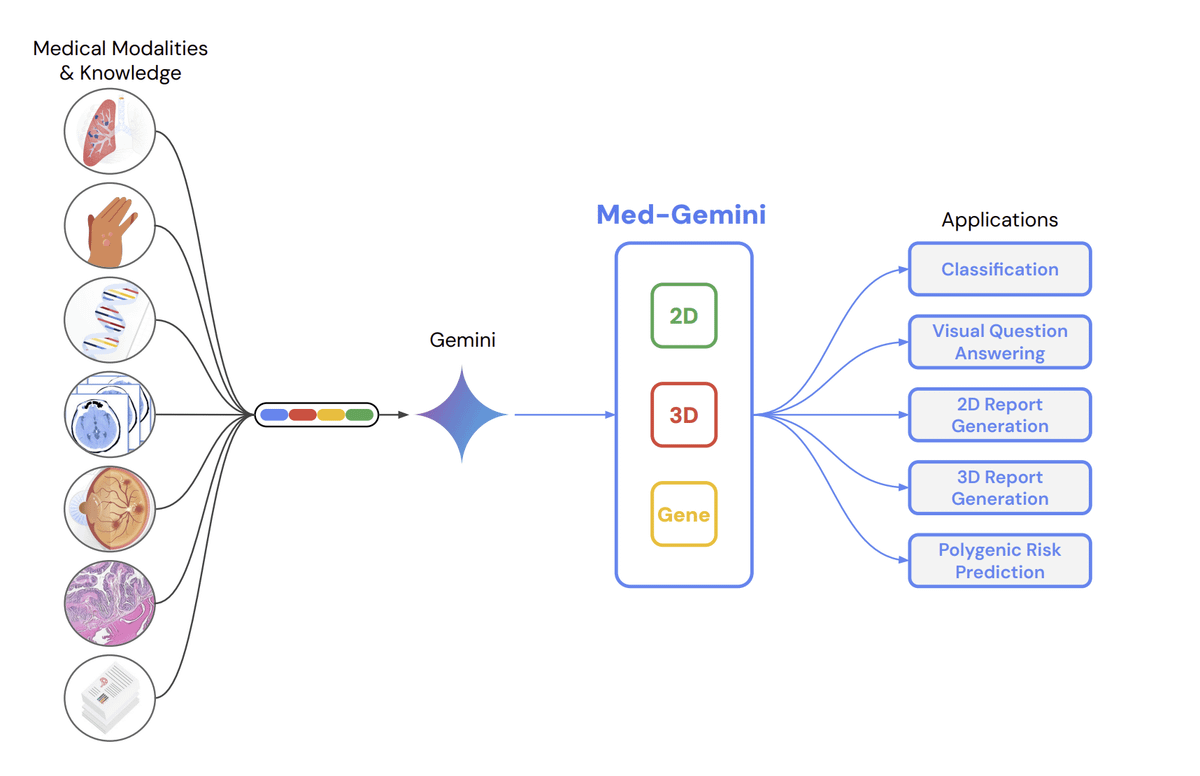The race for leadership in the nascent field of Artificial Intelligence (AI) has taken a new turn with the United States pushing for a global framework at the United Nations. This initiative, outlined in a recently proposed resolution, aims to establish international consensus on the development and deployment of AI systems.
The move comes amidst a backdrop of rapid technological advancements in AI. From facial recognition software to autonomous vehicles, AI is poised to revolutionize numerous sectors. However, these advancements also raise concerns about potential misuse, ethical considerations around data privacy and bias, and the impact on national security.
The U.S.-led resolution seeks to address these anxieties by promoting the development of “safe, secure, and trustworthy” AI systems. At its core lies the vision of AI that is “human-centric, reliable, explainable, ethical, inclusive, privacy preserving and responsible.” The resolution also emphasizes aligning AI development with the UN’s Sustainable Development Goals, ensuring equitable access to the technology’s benefits for all nations.
This push for global governance isn’t without its critics. Some countries might see it as an attempt by the U.S. to exert undue influence on a technology with vast economic and military implications. Additionally, navigating the complex diplomatic landscape of the UN to achieve consensus on such a nuanced issue could be a long and arduous process.
Proponents argue that a unified approach is crucial to avoid a fragmented regulatory landscape that could stifle innovation. They believe a global framework would foster responsible AI development, mitigate potential risks, and promote collaboration for tackling pressing global challenges like climate change and healthcare.
The outcome of the U.S. proposal remains to be seen. But one thing is certain: the conversation around global AI governance has shifted to high gear. The coming months will reveal whether the international community can come together to establish a set of principles for this powerful technology that shapes a future that benefits all.






Leave A Comment